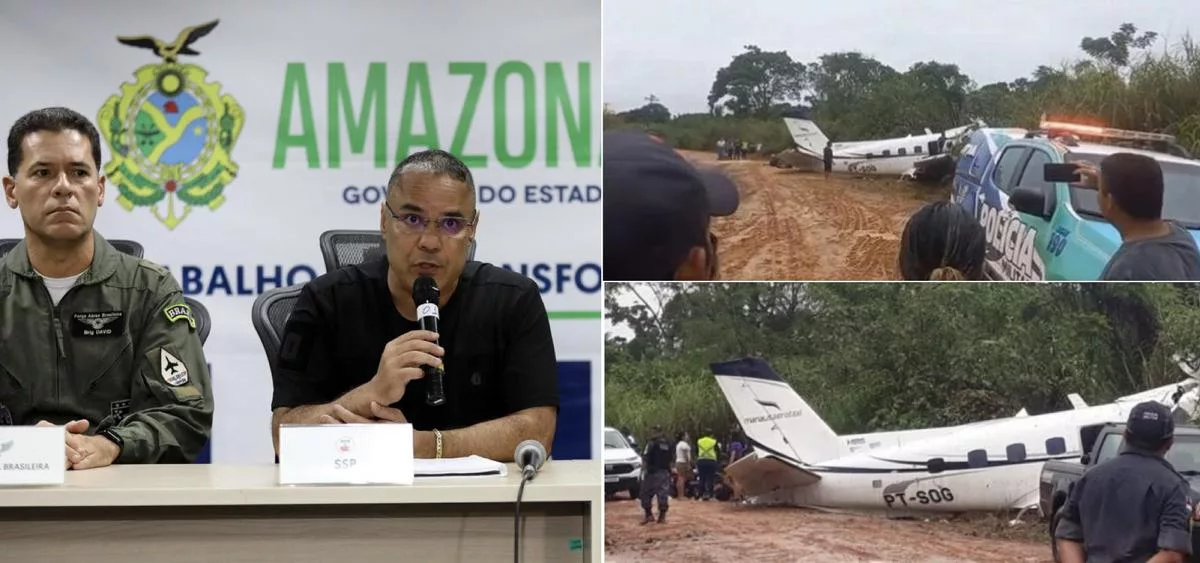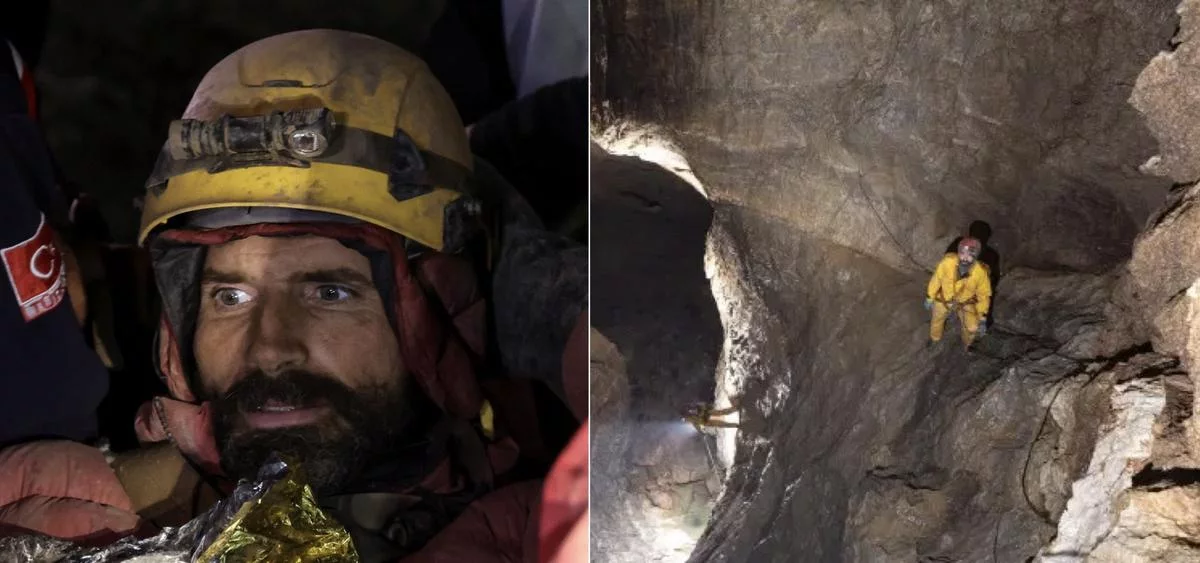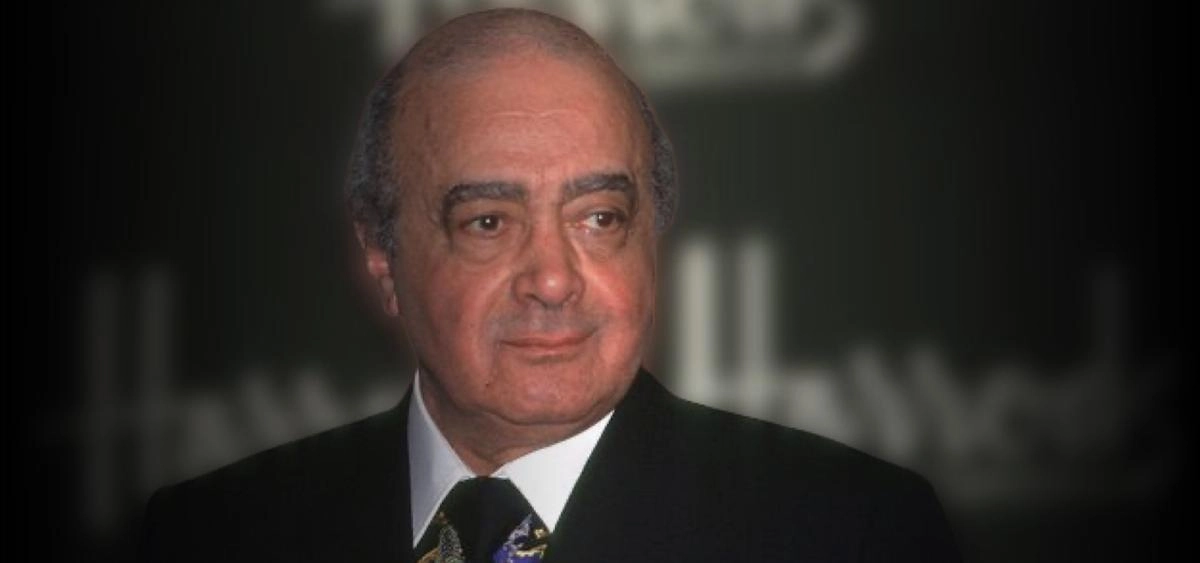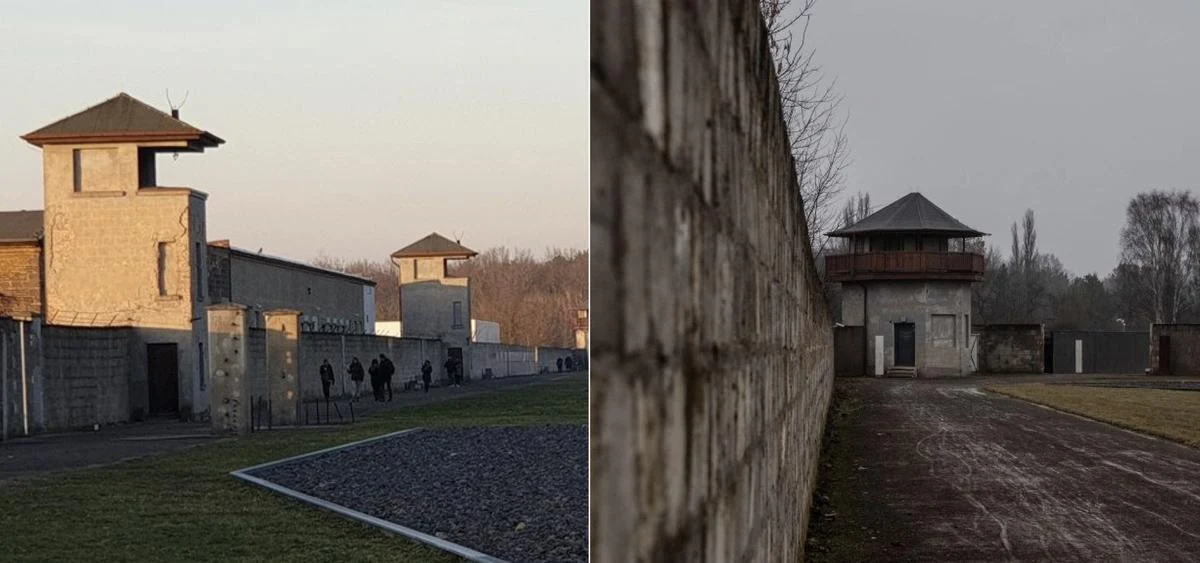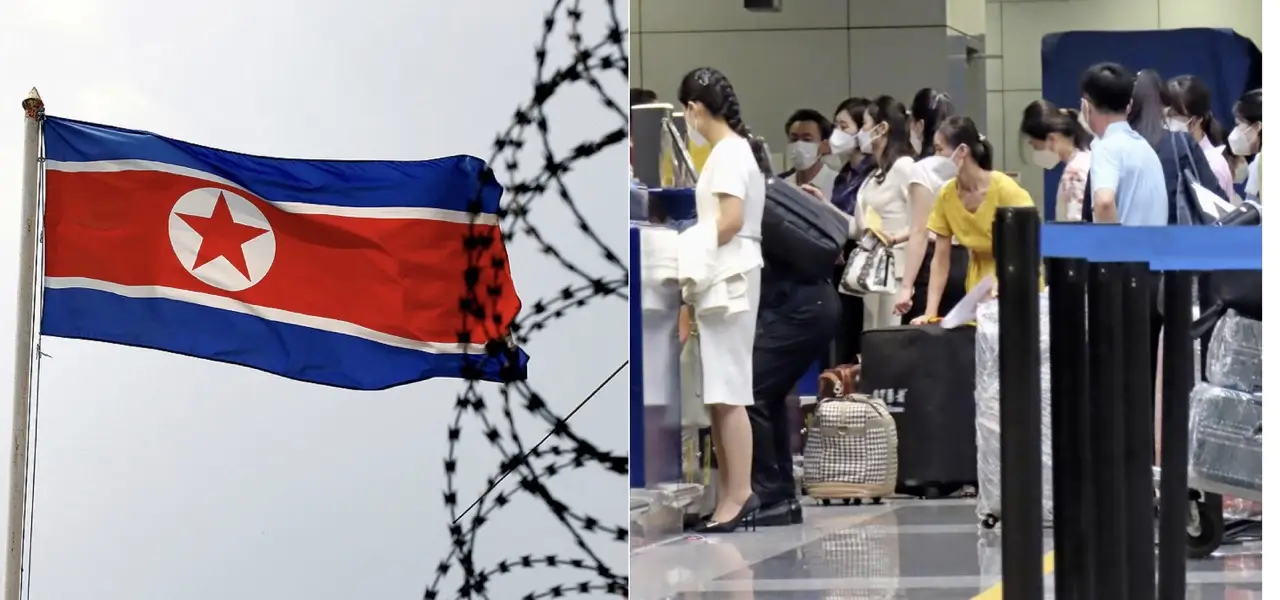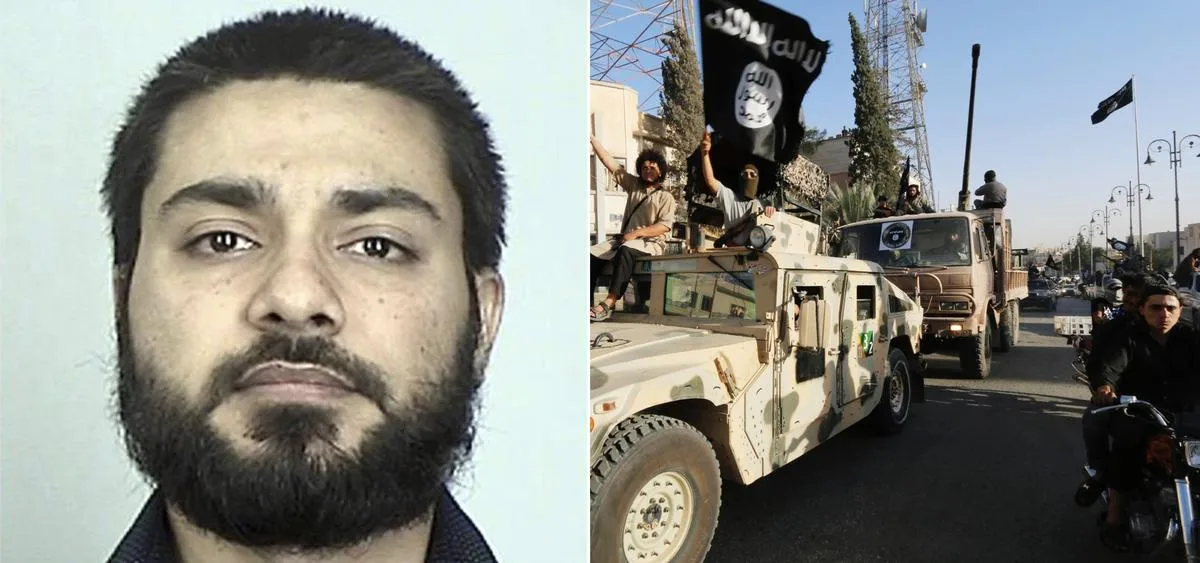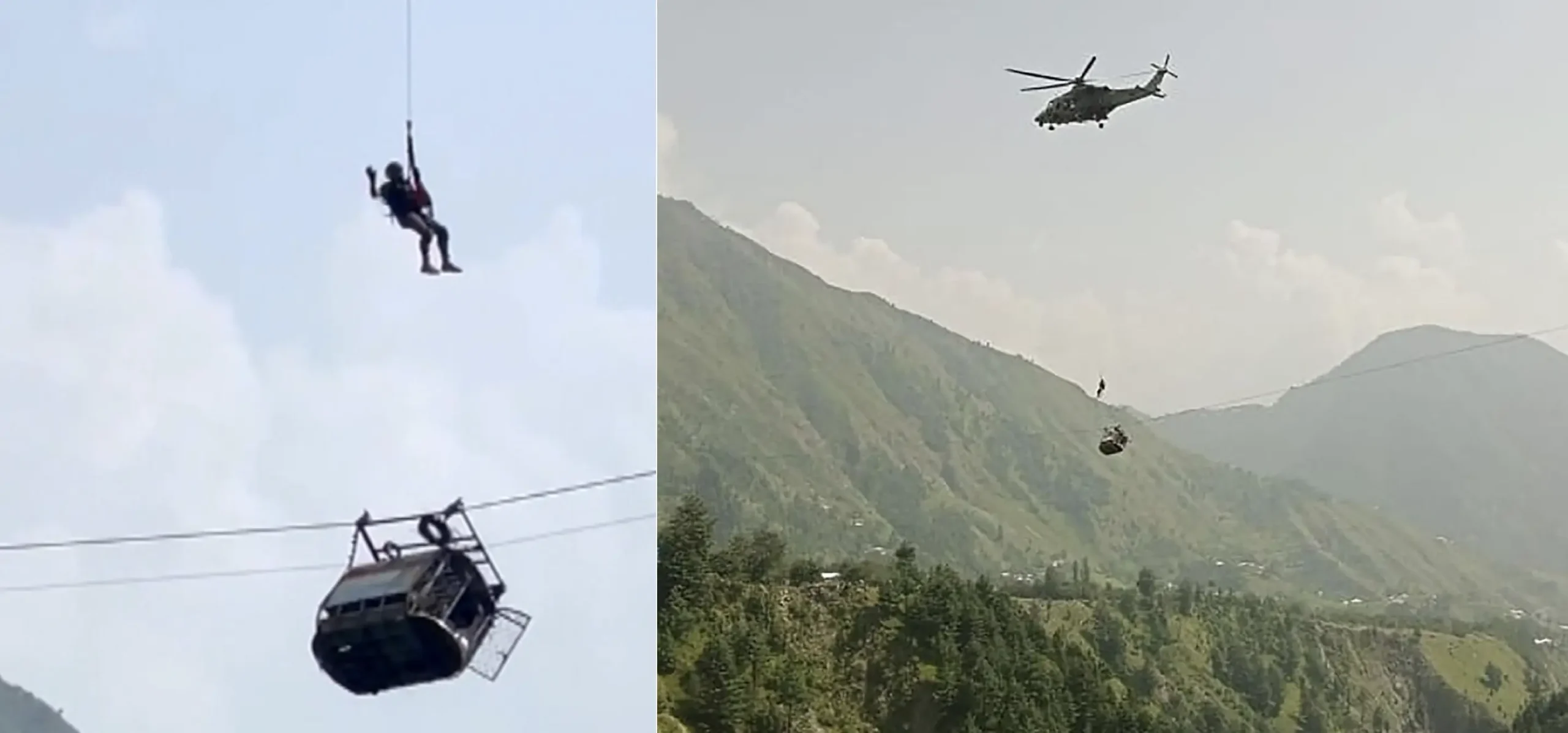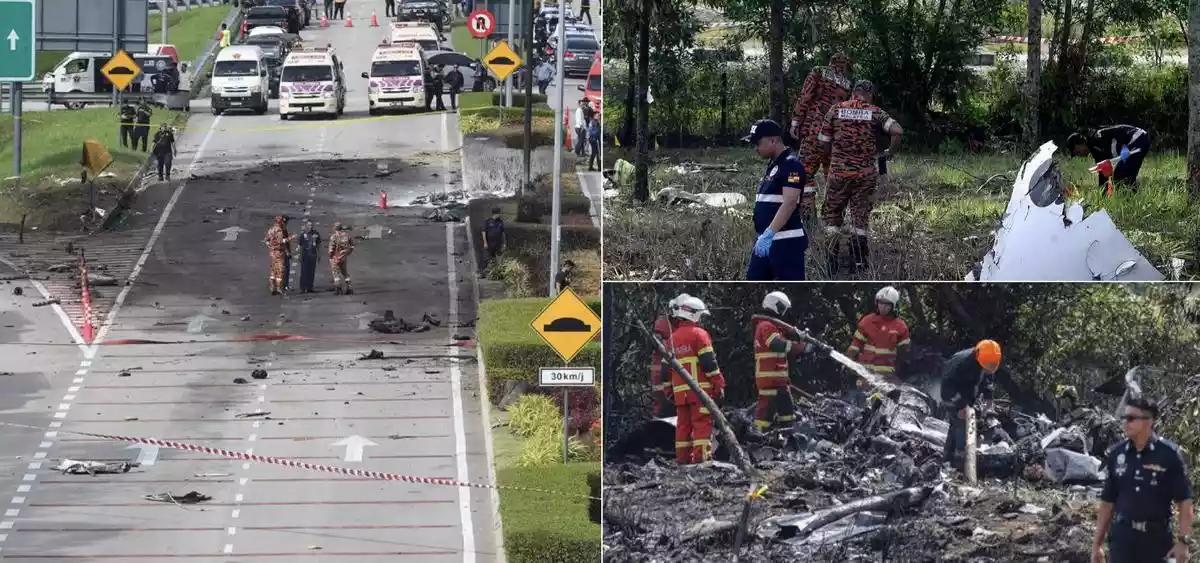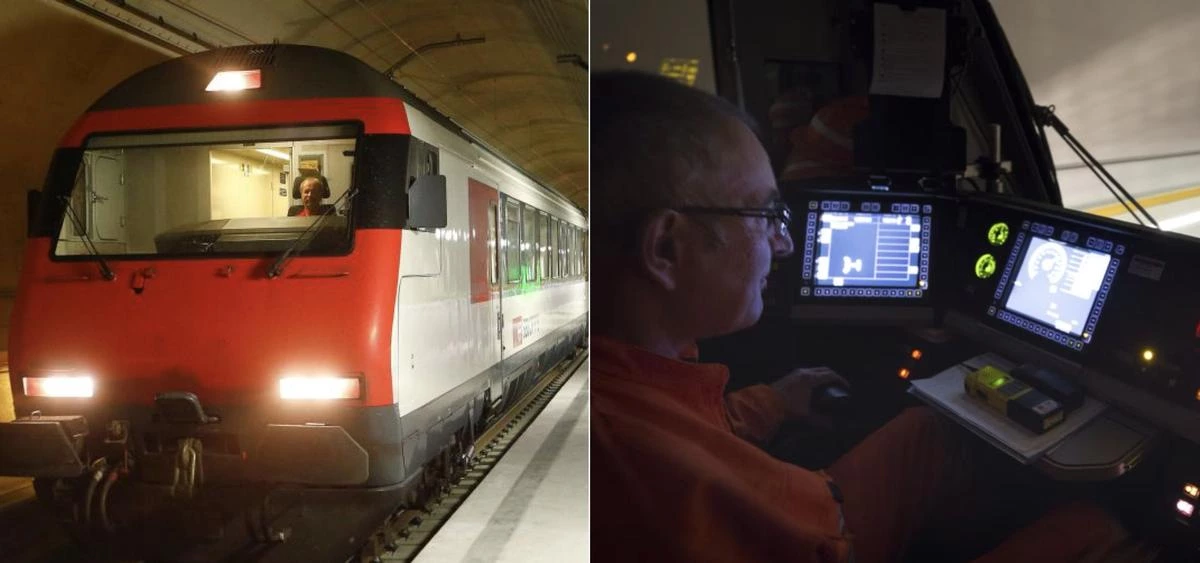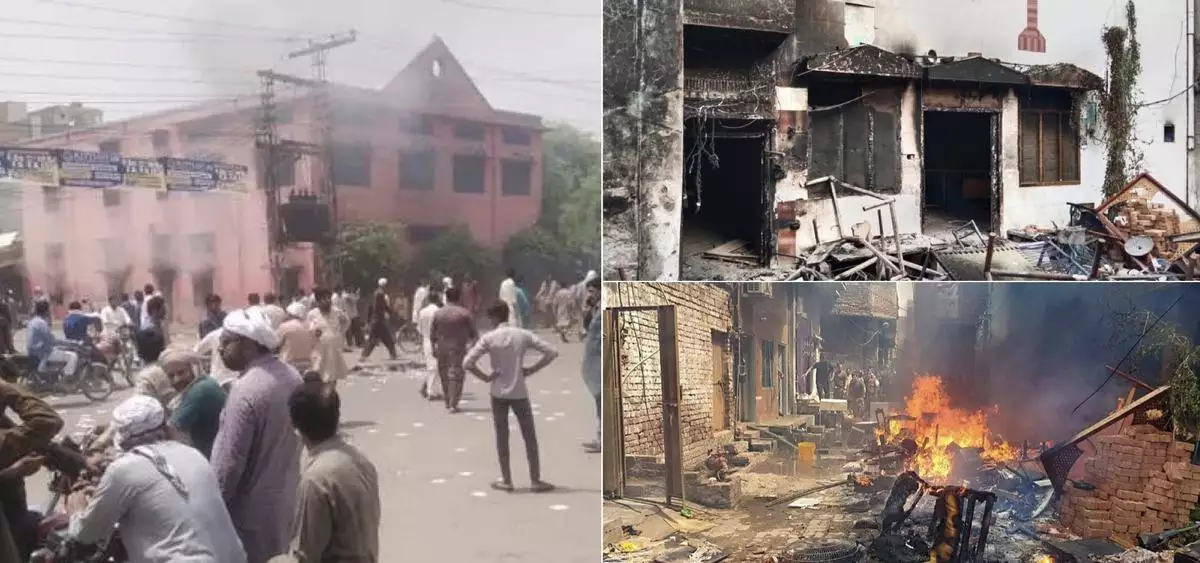In response to a recent outbreak of violence and a tragic riot resulting in multiple deaths, the Honduran government has made the decision to deploy the army to assume control of several prisons across the country.
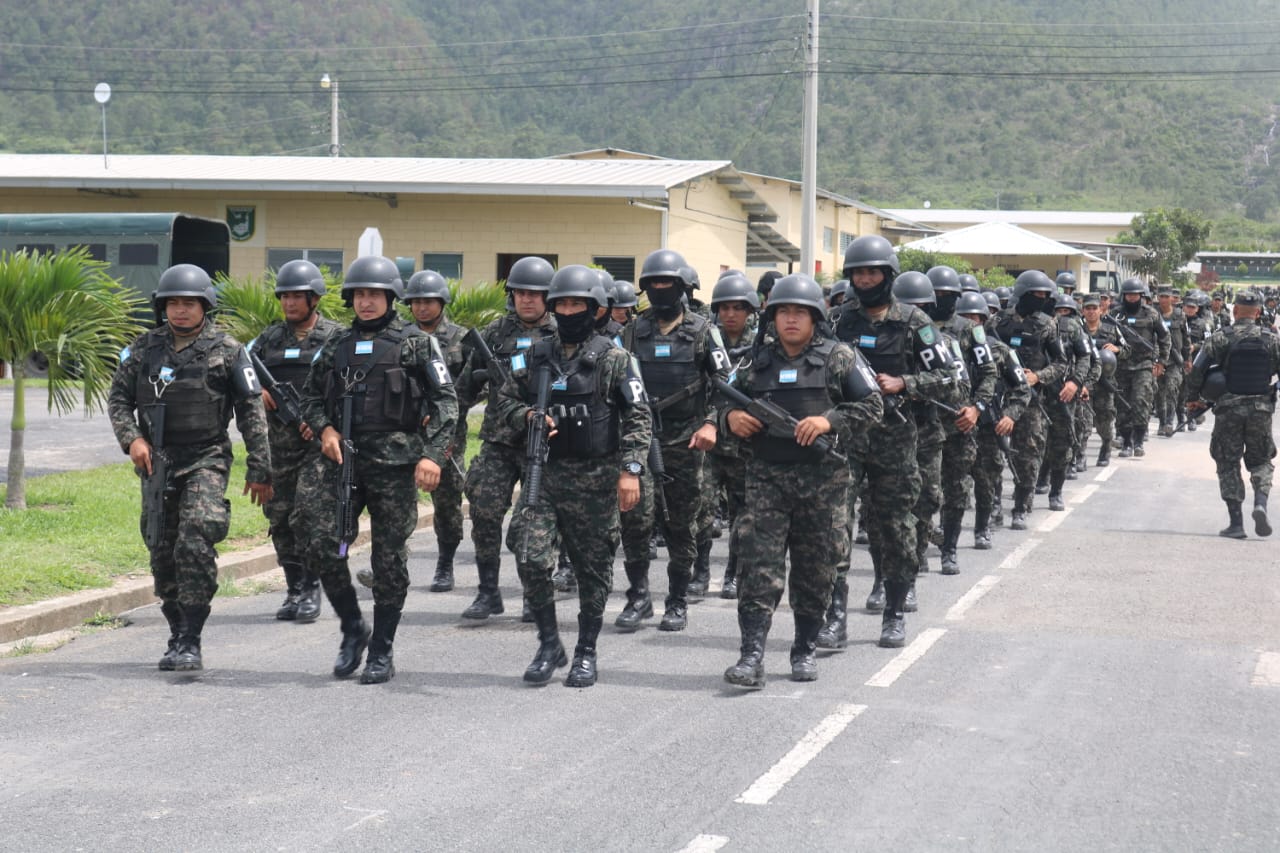
Photo Credit: @PMOPHN
In response to a recent outbreak of violence that resulted in a tragic riot and numerous deaths, the Honduras government has taken the decision to deploy the army to assume control of several prisons across the country. This unexpected move comes after a gang dispute led to the loss of 46 lives at a women’s detention center just last week. President Xiomara Castro, who previously advocated for the demilitarization of security, made the announcement as part of her administration’s renewed efforts to combat organized crime within the prison system.
On June 26, 2023, members of the Military Police of Public Order (PMOP) take control of the Women’s Social Adaptation Center (CEFAS) prison at Tamara, 25 kilometers north of Tegucigalpa. Following a deadly battle between rival gangs at a prison in the capital Tegucigalpa, the government announced last week that military police will take charge of Honduras’ 21 prisons for a year beginning July 1, as well as train 2,000 additional prison guards.
Images captured within the high-security Tamara prison showcased a significant show of force, with shirtless male inmates, many adorned with tattoos and shaved heads, arranged on the floor with their arms raised, while heavily armed soldiers stood watch. These visuals bear a striking resemblance to similar scenes witnessed in neighboring El Salvador earlier this year, where the government implemented heightened prison security measures and embarked on a widespread crackdown on criminal gangs, resulting in the detention of over 62,000 individuals.
Honduras’ Defense Minister, Jose Manuel Zelaya, affirmed that the primary objective of the military’s intervention is to dismantle organized crime networks operating within the prisons, including those orchestrating criminal activities from outside. The army’s assumption of control began with the Tamara prison, which is currently accommodating approximately 4,200 inmates, despite its designed capacity of only 2,500. La Tolva prison is the second facility to be placed under military police control. The remaining prisons are expected to follow suit in the coming days.
Honduras faces a significant challenge in managing its prison population, with around 20,000 inmates confined within 26 overcrowded facilities. A United Nations report highlights that these prisons operate at a staggering 34.2% over capacity. As part of their takeover, the military police conducted searches within Tamara prison and successfully seized a cache of weapons, including pistols, machine guns, ammunition, magazines, and grenades, from an area occupied by the Barrio 18 gang.
Colonel Fernando Munoz, an Armed Forces spokesperson, expressed determination to eradicate corruption within the prisons and assured the public that control would be established, preventing any further communication from inmates for the purpose of extortions or executions. The government has declared its intention to entrust the military police with the majority of the country’s penal system for the next year, as part of an extensive campaign to crack down on crime. This initiative involves the expansion of a state of exception, suspending certain constitutional rights, and granting the armed forces an enhanced role in nationwide security efforts.
English Translated: Grenades, assault rifles, pistols, ammunition, drugs and satellite phones were confiscated in the maximum security prison “La Tolva” by the armed forces through #PMOP , we will fulfill the mission of the Honduran people. This day continues the #OperacióFeyEsperanza
Furthermore, the Honduran government plans to transform remote islands, located hundreds of kilometers off the coast, into a penal colony specifically designed for housing “highly dangerous” gang leaders. President Castro’s administration has emphasized the necessity of implementing “drastic measures” to address the recent deaths at the women’s prison, which she attributed to a premeditated attack by gang members, facilitated by corrupt prison guards.
Authorities suspect that the riot erupted as a response to the government’s intensified anti-corruption measures and efforts to curb gang control within the prison walls. In light of these events, President Castro dismissed all members of the committee responsible for overseeing the earlier crackdown. Additionally, she reinstated the military police’s authority over 21 out of the country’s 26 prisons, reversing her previous decision to transfer power to the national police upon assuming office in early 2022.
As the Honduran army assumes control of the country’s prisons, it remains to be seen how this unprecedented measure will impact the prevailing situation. The government’s resolute stance underscores its commitment to combating organized crime and ensuring the safety and security of both inmates and society
Stay connected with Today On Globe for the latest Global Issues and News Updates.
Explore more related articles at [TOG News / TOG Article]


